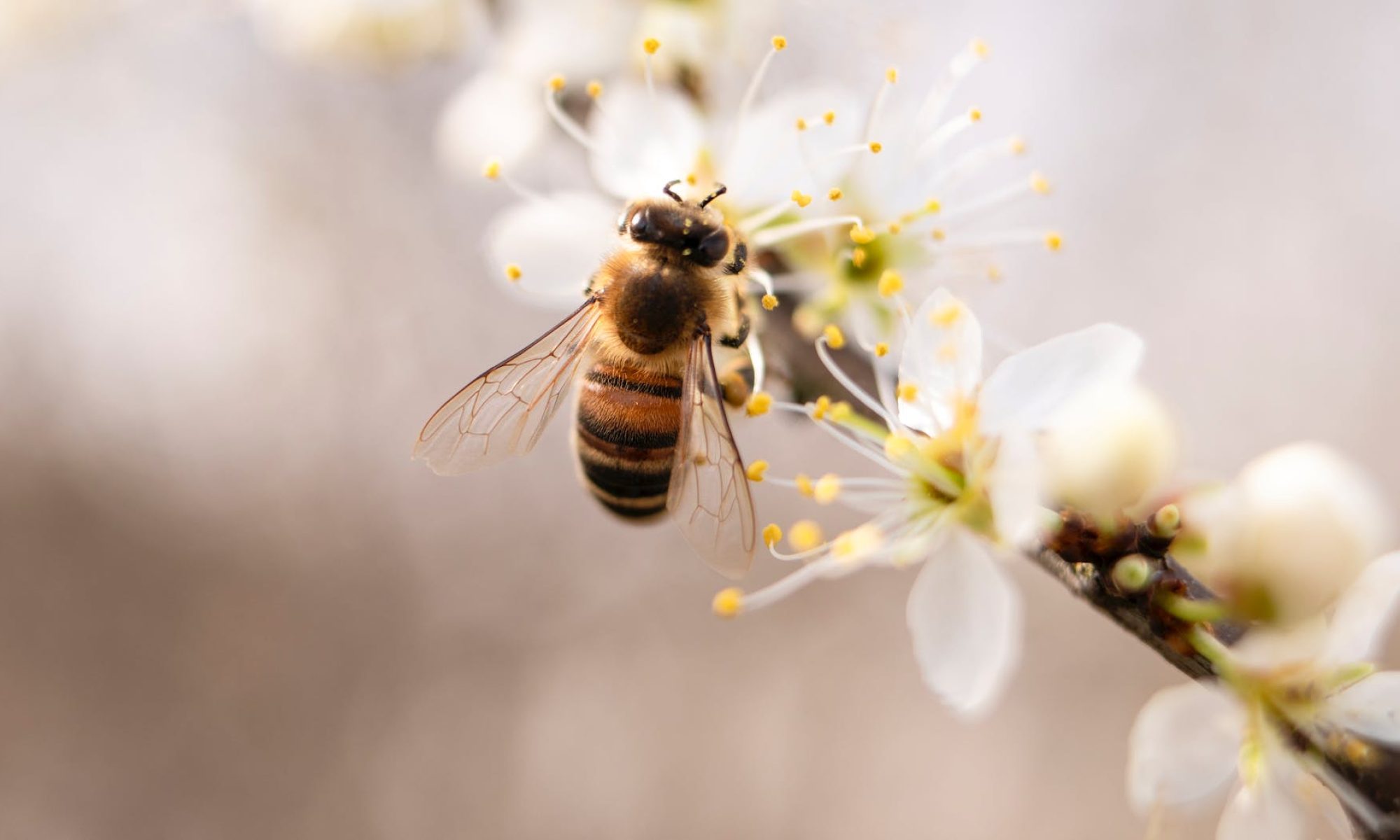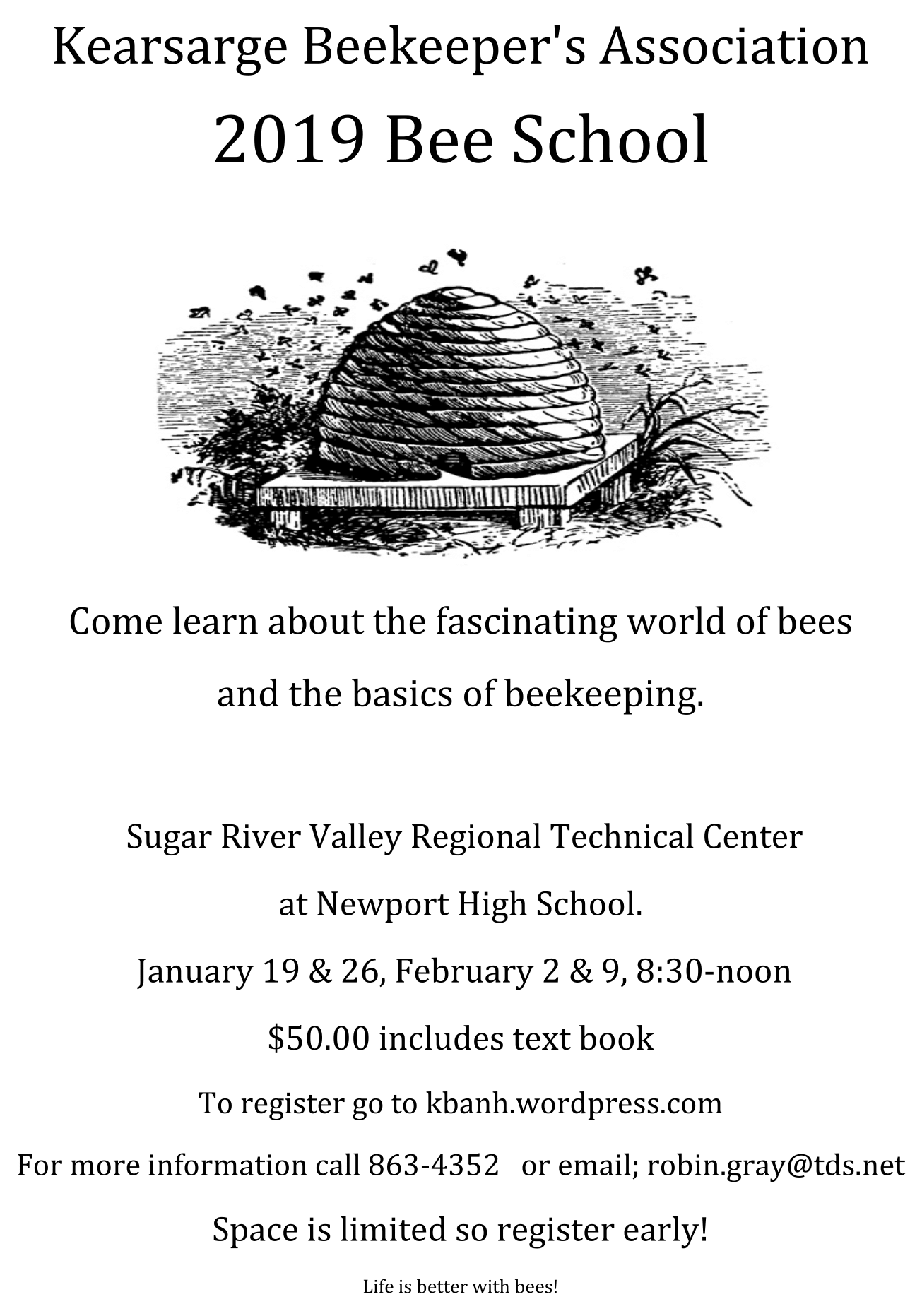Click on the above link to view the Newsletter
We Count on Bees, but Can Bees Count?
An interesting article (click above) suggesting that bees may be able to add and subtract. It may be that this is simply an example sequential pattern recognition, but worth considering the argument that bees can do math.
KBA 2019 Speaker Schedule
| Date | Speaker | Company |
|---|---|---|
| March 9th | Troy Hall | Hall Apiaries |
| May 11th | Sam Comfort | Anarchy Apiaries |
| October 12th | Andrew Munkres | Lemon Fair Honey Works |
| November 9th | Kirk Webster | Champlain Valley Bees and Queens |
Please note that all speaking events are free to all current members of the Kearsarge Beekeepers Association. These talks are open to all, a $10 fee will be asked of any non-members wishing to attend. All these meetings will be held at the Warner Town Hall located at 5 E Main St.Warner, NH 03278
January Meeting: On the 12th at 9AM
Held at the Warner Town Hall…. 9AM. Landi Simone will be the Speaker. Her topics will include Reading Frames and Open Feeding. You can learn more about her at www.GooseRockFarm.com She also has several beekeeping videos on YouTube.
Note: There is a $10 charge for non-members for this meeting
Hot Off The (Cold) December Press: The December 2018 / January 2019 KBA Newsletter
(Click on the above link and prepare to be impressed!)
What’s the Buzzzzz? BEE SCHOOL!
Bee Cool and Be in Bee School!
Click to download the registration form: Bee School Signup Form 2019
Complete the registration form and send your payment in early.
Questions, call 863-4352 or email; robin.gray@tds.net
We are looking forward to another great Bee School this year. Come and learn about this amazing hobby from some of our members. This year we are having the classes in Newport at the Sugar River Valley Technical Center. The classes are on four consecutive Saturdays starting on January 19th.
More Documents:
2017-2018 Hive Loss Results
Click on the link below to view the 2017-2018 Hive Loss Results
September & October Meetings
Next meeting September 8th Warner Library 9:00AM
October meeting is on October 13th, and will feature speaker Heather Achilles who will be reviewing the 2017 hive loss survey.
Club Apiary August Schedule
All Wednesdays…
- 8/15 Hive inspections 5:30-7:30 – Shane Howard
- 8/22 Hive preparation for winter 5:30-7:30 – Kevin Sargent
- 8/29 Hive inspections 5:30-7:30 – Bam Fleury
2017-2018 NHBA Winter Loss Survey Results
From the NH Beekeepers Association

